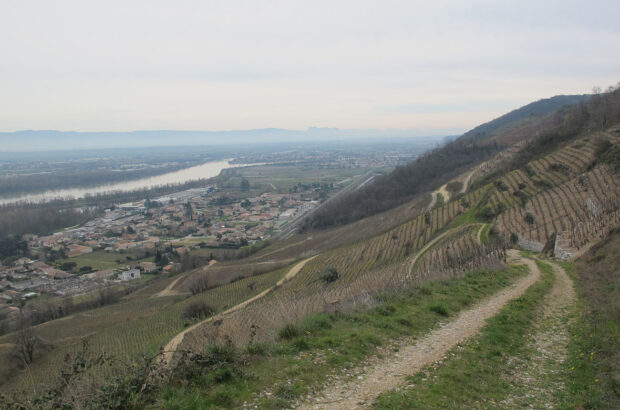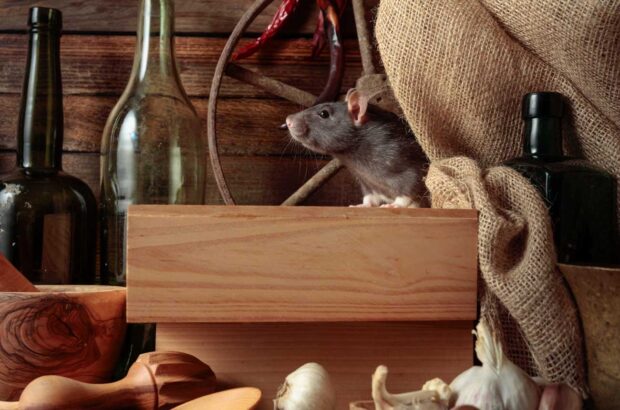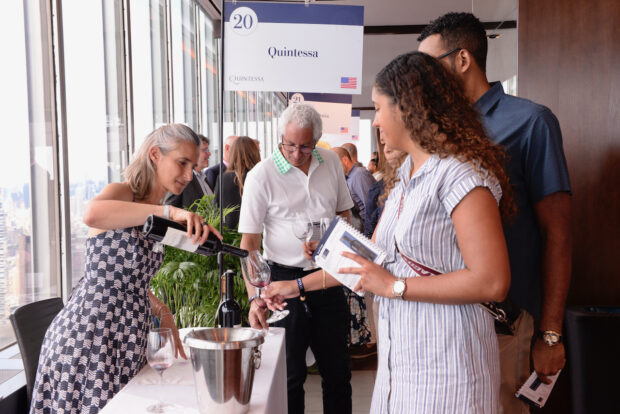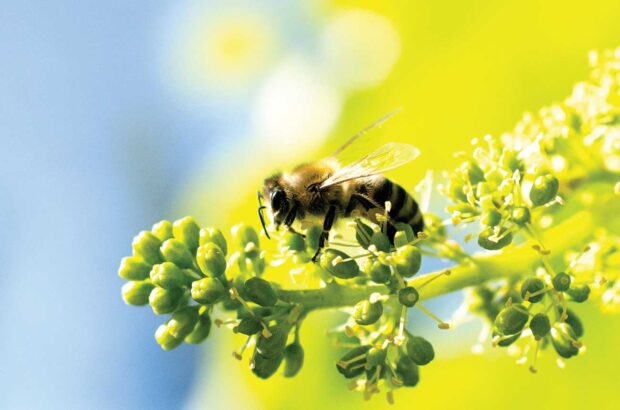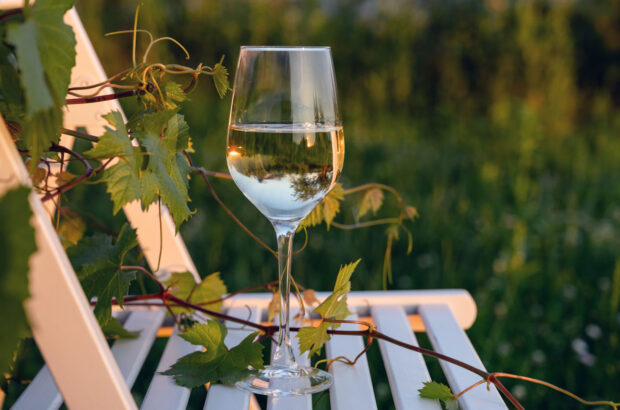The region is familiar to many holidaymakers, but its wines are often all but forgotten, thanks a host of confusing names and sub-zones, not to mention its proximity to Bordeaux. But persevere, says Stephen Brook, and you’ll find some of the best value wine in France.
Bergerac: Six of the best estates
Domaine de l’Ancienne Curep>For 25 years, Christian Roche has been producing a full range of Bergerac wines, and his estate has become a byword for reliability. His velvety yet spicy Pécharmant is outstanding but his superior cuvées of red Bergerac – the Côtes de Bergerac and L’Extase – can match it in quality. Roche has always been keen to evolve: since 2012 the estate has been farmed organically and large casks are gradually ousting smaller barriques.
Château de la Jaubertie
This striking property in Colombier was acquired by British businessman Henry Ryman in the 1970s, and went through troubled times in the 1980s. In 1992 it was bought by his daughter-in-law, and is now run by Henry’s son Hugh, who had a previous career as a flying winemaker. The vineyard area has been reduced (though higherdensity plantings mean the number of vines remains much the same) and the farming is organic. The best reds are the Vieilles Vignes Merlot and the more complex Mirabelle blend, but even the inexpensive Tradition is well crafted and enjoyable.
Château K
It’s a long way from Norway to Bergerac, but Katharina Mowinckel seems to have made the transition effortlessly. She established this 6ha organic property in 2002 on a ridge of clay and limestone, and her wines, white, red and sweet, have been consistently good. The red Bergerac is about 80% Merlot and aged for 18 months in barriques and larger casks. It’s a ripe, fleshy style, but is never jammy and shows bright acidity. A rising star.
Château le Payral
Thierry and Isabelle Daulhiac are among the best producers of the sweet wine Saussignac, but the red Bergeracs from their organic estate of 15ha are also exemplary. Their wines are pure Merlot, which generally works better in Bergerac than the late-ripening Cabernet Sauvignon, and a particular interesting cuvée is Terres Rouges, which is unoaked yet in no way simple or rustic. Indeed it has density and texture and lush fruit. Héritage is a Côtes de Bergerac aged in partly new 300-litre barrels, and the wine, while weighty, is not extracted.
Château Le Raz
Patrick Barde has been running the family domaine in Montravel with great panache. His 60ha under vine allows him to make careful parcel selections for the various cuvées. The top wine, Les Filles, is released as Montravel Rouge; mostly Merlot, and aged in 70% new oak. Almost as fine, and arguably more elegant is Grand Chêne, which carries the Bergerac AC. These are suave, modern wines of considerable sophistication.
Château Tour des Gendres
If any estate can claim to be Bergerac’s star, it’s Tour des Gendres, which the self-taught Luc de Conti and his cousin took over in 1986. Located in the southern part of Bergerac, it’s an ideal terroir for white wines, although the reds are first-rate too. Conti has introduced changes recently, expressing his love with Austrian casks and a shrinking reliance on new barriques. As well as the pure Gloire de Mon Père, there are two special cuvées: the all-Merlot Les Gendres and the more austere all-Cabernet Le Petit Bois. The reds always combine freshness with fruit depth.



